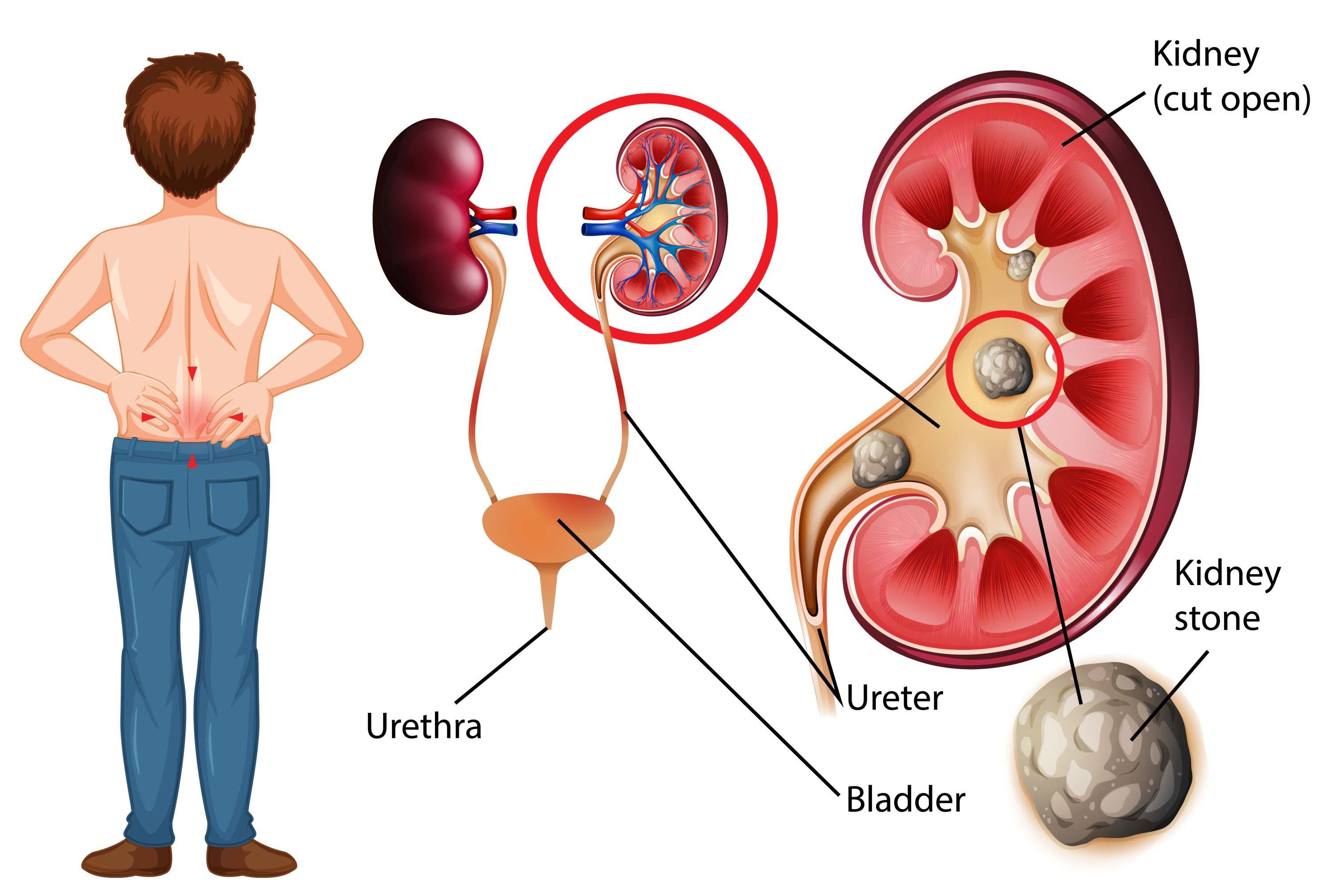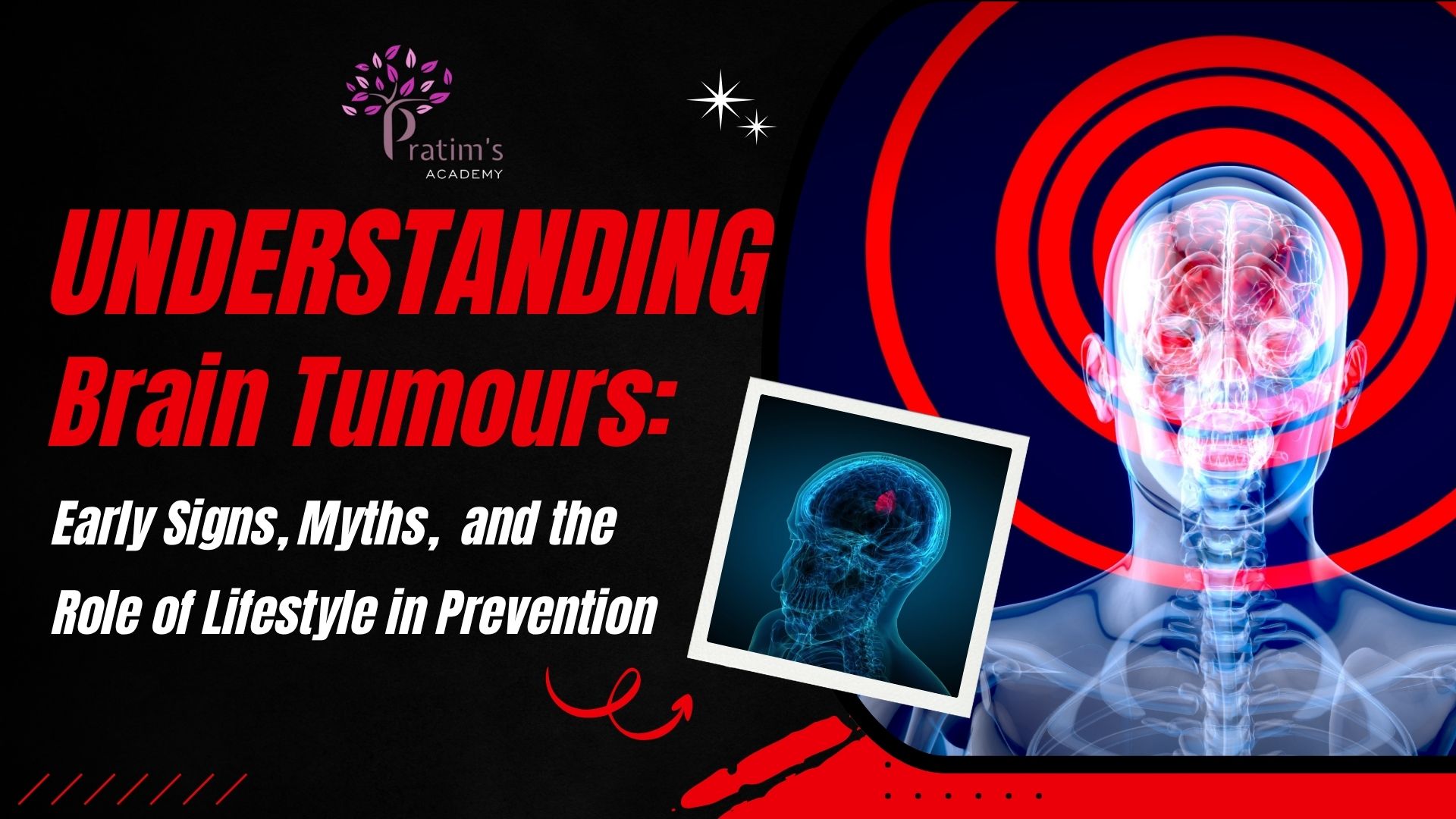
- 618
- 0
Shrunken Kidneys: Causes, Symptoms, and Solutions
In the world of healthcare, hearing about “shrunken kidneys” can make people really scared and anxious. The size of the kidneys is important for checking how well they’re working. But it’s also important to know that being too scared about shrunken kidneys can make you stressed. In this blog, we’ll explain more about kidney size and why it’s important to understand it without getting too worried.
Kidney Size and Shrunken Kidneys:
- Normal Size: Kidneys are typically about the size of a fist, measuring 10 to 12 cm (approximately 5 inches).
- Shrunken Kidneys: It can occur when the kidneys become smaller than normal, and there are two primary types:
- Congenital Challenge: Some individuals may have small kidneys from birth due to incomplete kidney development. Often, this condition requires no special treatment.
- Post-Birth Predicament: Shrunken kidneys can occur after birth, affecting one or both. Reduced blood supply and loss of nephrons (basic units of the kidney) contribute to this condition.
Causes of Shrunken Kidneys:

- Renal Artery Stenosis: Blocking of main arteries supplying blood to the kidneys, often due to hardened arteries with fatty deposits or blood clots.
- Blocked Urinary Tract: Disrupting normal urine flow, leading to pressure on the kidneys and damage to nephrons.
- Untreated Kidney Stones: Presence of kidney stones can result in blockages.
- Chronic Kidney Diseases: Prolonged infections like pyelonephritis, polycystic kidney disease, and other chronic conditions that harm nephrons.
Symptoms of Shrunken Kidneys:
- Frequent urge to urinate
- Pain during urination

- Abdominal pain or side ache
- Persistent exhaustion
- Bloating due to water retention
- Loss of appetite
- Blood in the urine
- Inflammation of hands and feet
- Skin itchiness
Preserving Kidney Health: A Checklist:
- Nutritious Choices
- Active Lifestyle
- Maintain a Healthy Weight

- Restful Slees
- Quit Smoking
- Moderate Alcohol Intake
- Stress Management
- Manage Chronic Conditions
Treatment Insights:
- Treatment depends on the root cause of shrunken kidneys.
- Options range from medical interventions to kidney removal, dialysis, or transplantation, depending on the severity.
Prevention Protocol:
- While shrunken kidneys can’t always be prevented, adopting healthy habits can mitigate risks.
- Focus on a diet rich in fruits, vegetables, whole grains, and low-fat dairy.
- Limit highly processed or fried foods, sodium, sugar, and alcohol.
- Embrace a healthy lifestyle with exercise, maintaining a healthy weight, sufficient sleep, quitting smoking, adhering to medications, monitoring cholesterol levels, and promptly treating urinary tract infections.
Thriving with a Small Kidney:
- Individuals with a small kidney can lead normal lives if the other kidney is healthy.
- Communication with a healthcare professional is crucial, especially before engaging in intense physical activities or considering life insurance applications.
Being overly anxious or scared about shrunken kidneys can lead to unnecessary stress for several reasons:
- Misinterpretation of Severity: Shrunken kidneys, in themselves, may not always indicate a severe health issue. Kidney size can vary among individuals, and small kidneys might not necessarily mean dysfunction.
- Early Detection and Management: Regular health checkups are essential for early detection of kidney-related issues. Being excessively fearful may discourage individuals from seeking timely medical advice and intervention.
- Psychosomatic Impact: Excessive stress and anxiety can contribute to psychosomatic symptoms, affecting overall well-being. Stress may exacerbate existing health conditions or lead to the manifestation of perceived symptoms.
- Quality of Life: Unnecessary fear and stress can significantly impact one’s quality of life. Constant worry about shrunken kidneys may lead to sleep disturbances, mood swings, and a negative impact on daily activities.
- Empowerment through Knowledge: Understanding the factors that influence kidney health, beyond just size, empowers individuals to make informed decisions. Knowledge about preventive measures and lifestyle choices is key to maintaining kidney health.
While the term may evoke fear, it’s important to recognize that kidney size alone does not always signify a severe health issue. Embracing a proactive approach to kidney health through regular check-ups, adopting a healthy lifestyle, and managing stress empowers individuals to make informed decisions. By focusing on preventative measures and early detection, one can thrive with a small kidney and lead a fulfilling life. Remember, knowledge is key, and a balanced approach is essential for the journey to optimal kidney health.
Comment
Check Your EGFR
***We Promise, no spam!







